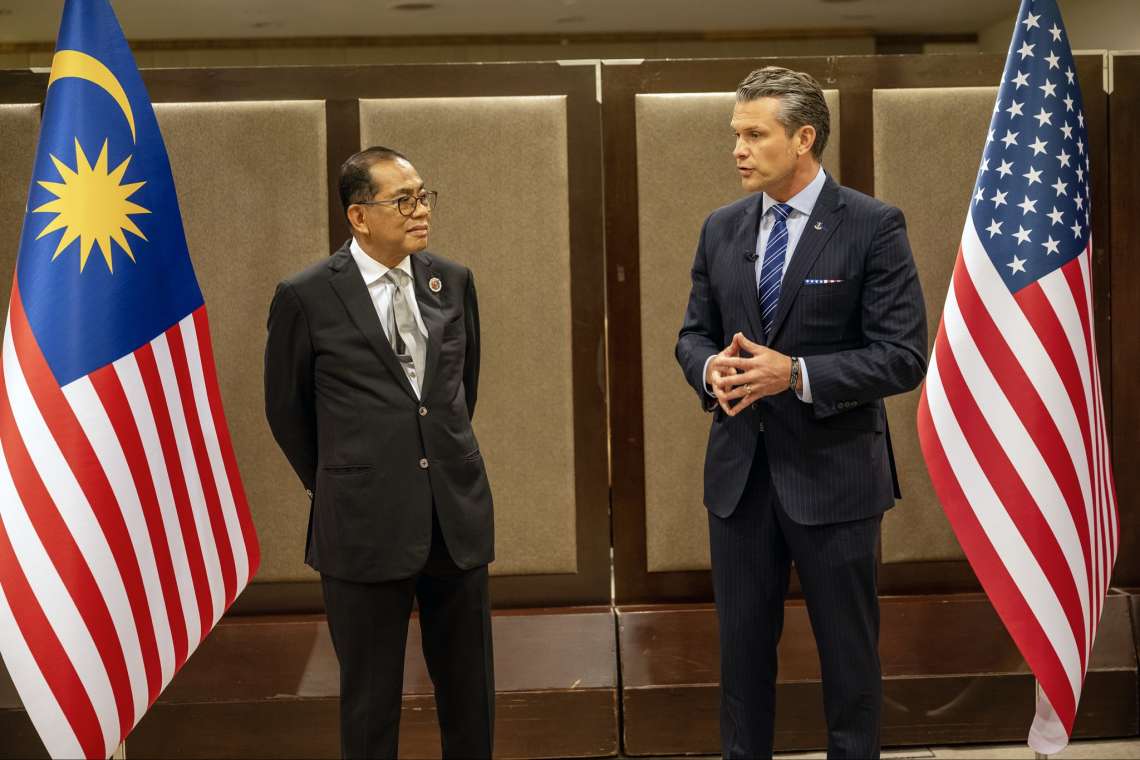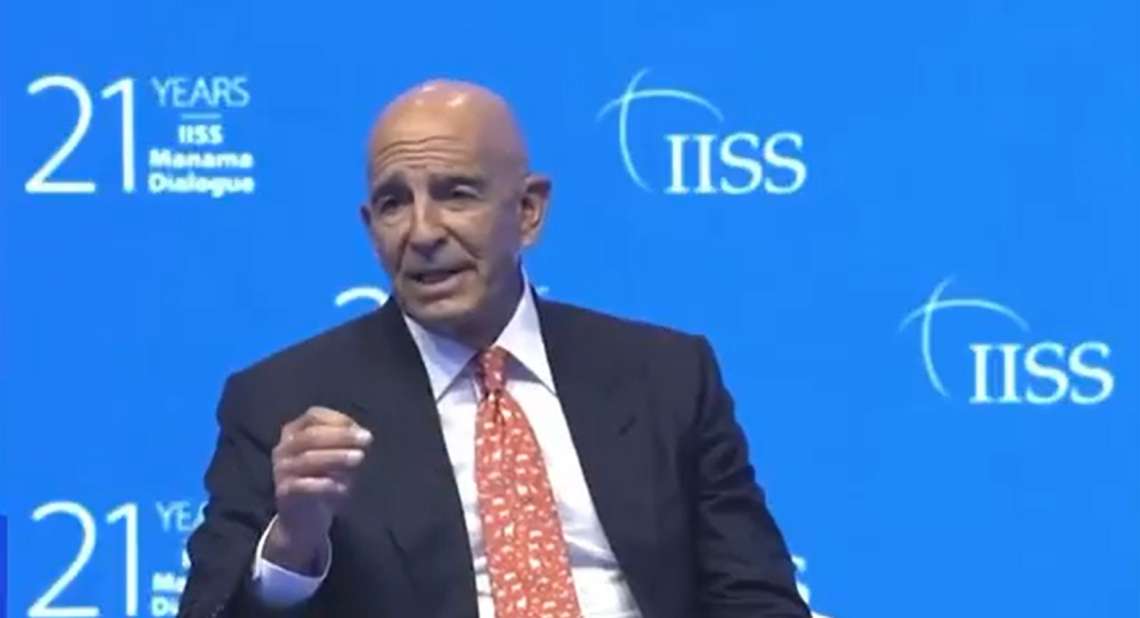The penalty is the latest move by the US government to stop sales of sophisticated technology to China…reports Asian Lite News
US authorities have imposed a $300 million penalty on tech firm Seagate for allegedly violating export controls of hard disk drives to China’s Huawei.
Seagate Technology shipped more than $1.1 billion worth of goods to Huawei after export controls were introduced in 2020, the BBC quoted the Department of Commerce as saying.
The penalty is the latest move by the US government to stop sales of sophisticated technology to China.
US authorities have said such equipment may be used by China’s military.
Seagate shipped 7.4 million drives to Huawei for about a year after the rule was imposed by the administration of former President Donald Trump, according to the Commerce Department.
It continued to do so “even after Huawei was placed on the Entity List for conduct inimical to our national security”, Matthew Axelrod of the department’s Bureau of Industry and Security (BIS) said.
“This settlement is a clarion call about the need for companies to comply rigorously with BIS export rules, as our enforcement team works to ensure both our national security and a level playing field,” Axelrod added.
Huawei’s other two main hard drive suppliers had stopped exports to the Chinese firm in accordance with the new rule, the Department said.
Seagate said the penalty will be paid in instalments of $15 million every three months for the next five years, the BBC reported.
It comes as the US continues its drive to curb sales of technology, such as advanced computer chips, to China.
Last week, a group of 12 US Senators has unveiled a new bill, that now has a White House backing, that will give President Joe Biden power to ban TikTok nationwide.
Called the Restricting the Emergence of Security Threats that Risk Information and Communications Technology (RESTRICT) Act, it gives the US government new powers, up to and including a ban, “against foreign-linked producers of electronics or software that the Commerce Department deems to be a national security risk,” reports CNN.
The bipartisan bill, led by Senator Mark Warner (D-VA), would empower the US Secretary of Commerce to ban foreign technologies and companies from operating in the US if they present a threat to national security.
The bill covers companies in countries, including China, Cuba, Iran, North Korea, Russia and Venezuela.













